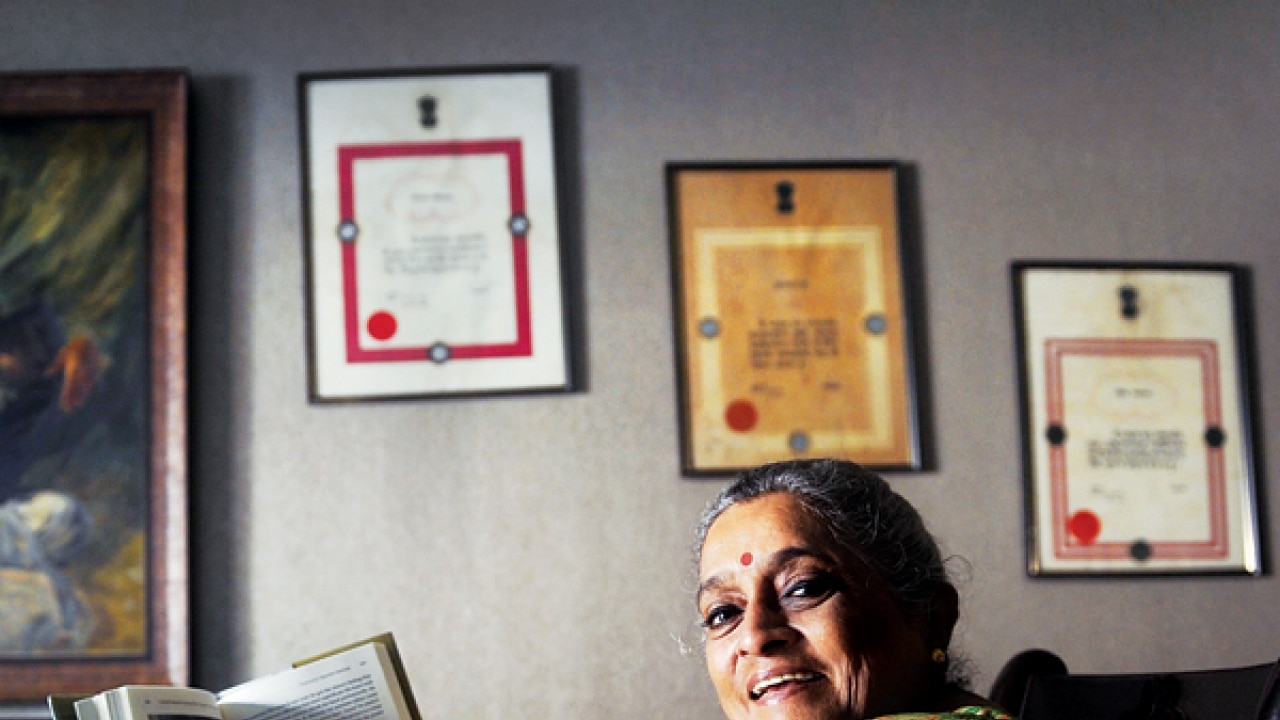
Why a book on your late father V. Shantaram at this juncture?
V Shantaram: The Man Who Changed Indian Cinema is not my first book on my father. I'd done a 550-page Marathi biography of papa - Shantarama - which released in 1985. It was very well received and has gone into several reprints. I remember badgering him for nearly two years to chronicle his life and times then.
"Who'll want to read about my life?" he'd ask, dismissing me. Eventually, I convinced him by telling him how his story was not his alone but the story of Indian cinema and his contribution to it. He finally relented and gave me a handwritten letter that he would do a book.
The idea for the English book came from a desire to reach out to audiences beyond the Marathi-speaking populace. I wanted them too to know of this auteur whose work, none other than the great Sir Charles Chaplin, had saluted. I was also sure that I didn't want a translation of the Marathi book but a fresh one in English. So it took nearly two years to put this together with Ishwari Pandit.
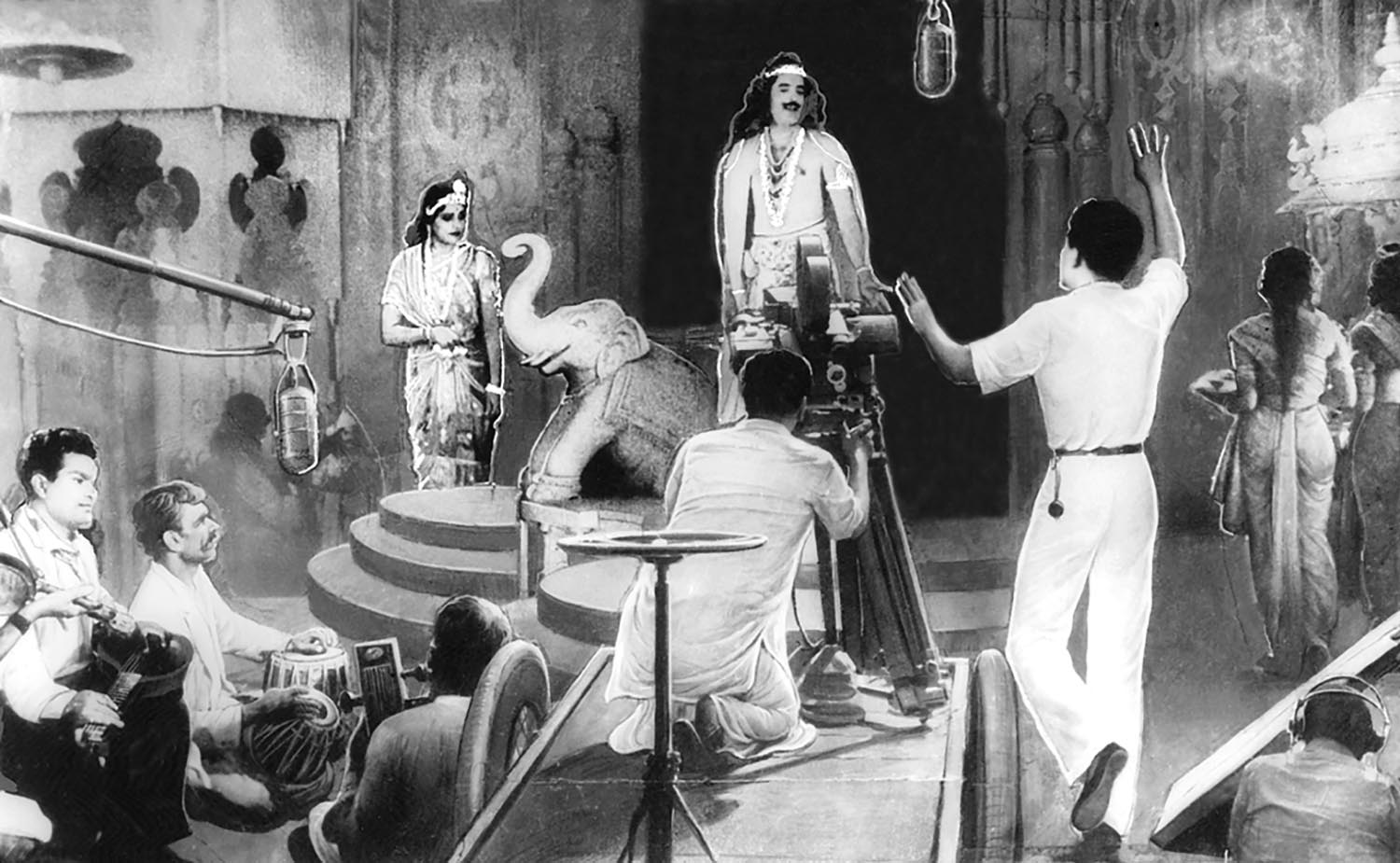
Is attempting a book on one's own father tougher, considering how close you are to the subject?
Finding that space between researcher and daughter was taught to me by papa. When I made a documentary on him, the first, rough cut was five hours long. I was wondering what to cut and what to leave out. After the screening, he hugged me and praised me for the effort but said, "Don't get so attached to your work that it stops you from functioning." After that bringing it down to two hours was easier. I kept his words in mind while making the film.
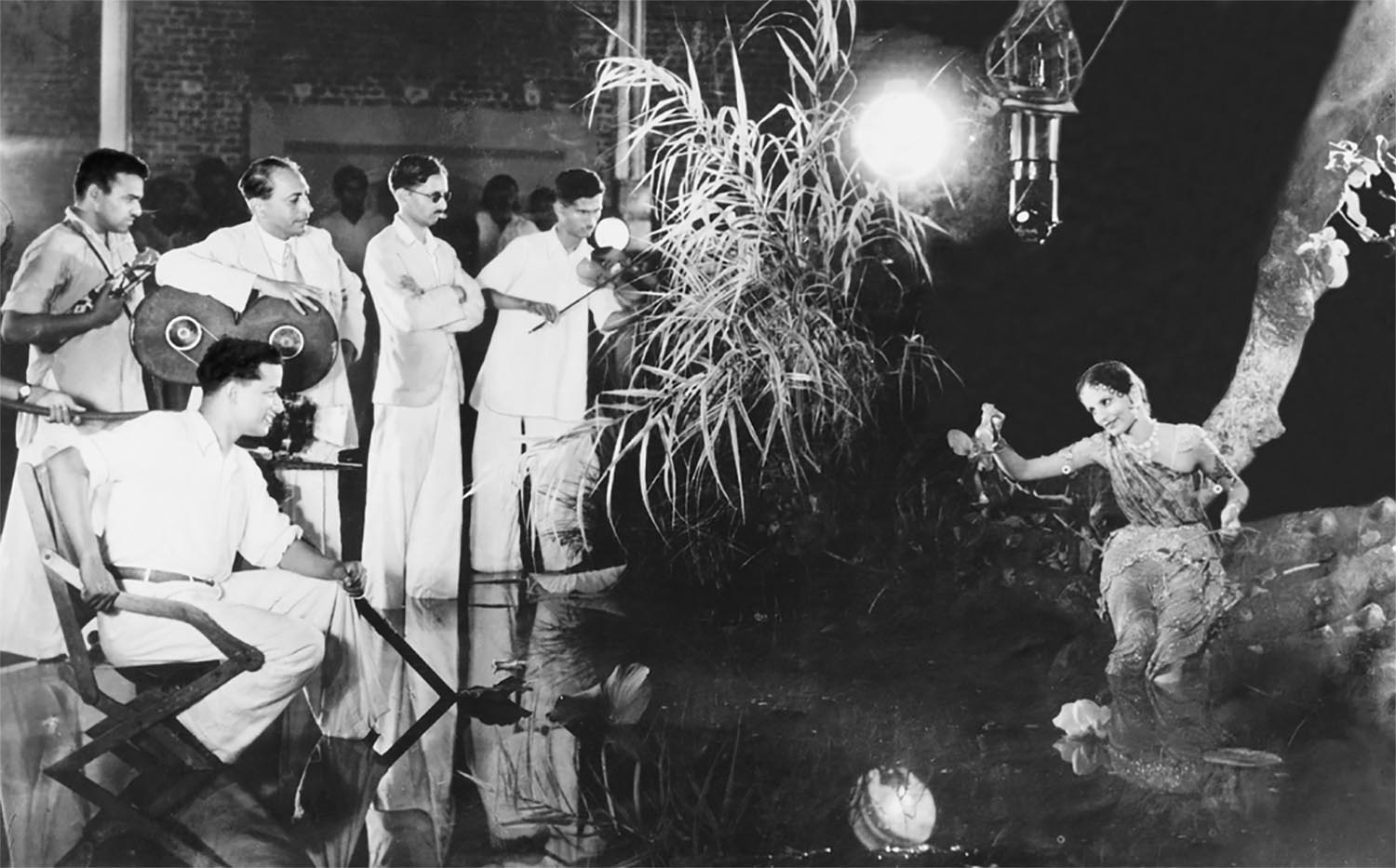
Have you been able to say everything you wanted to, without holding back in the earlier Marathi book and now?
See, when I spoke to him at length, he'd often ask for the recorder to be switched off. He would have a no-holds barred conversation. I'd take notes and simply soak it all in. He would talk about everything freely and later, often, suggest what I should or shouldn't put into the book. Once he spoke of stuff, which a father wouldn't normally discuss with his daughter and asked me, "So what do you think of your father now?" I simply told him I realised my father is human. He had tears in his eyes and held me close...
And didn't you disagree?
Oh quite a bit! It would go back and forth. Often he'd manage to convince me, but when I wanted something, I wouldn't back off until he relented. (Laughs) Being a daughter gave me that much more latitude.
Yet the book doesn't dwell on his personal life at all.
That wasn't the idea. V Shantaram: The Man Who Changed Indian Cinema is a book about him as a filmmaker and his legacy, so I didn't think it was necessary.
Does this have to do with how you felt about his polygamy?
I don't think any of us children felt any rancour because he would never scrimp on love and attention on any one of us. Even when my sister and I learnt Manipuri dancing as young girls or when I later began learning classical music, he'd always be appreciative of us.
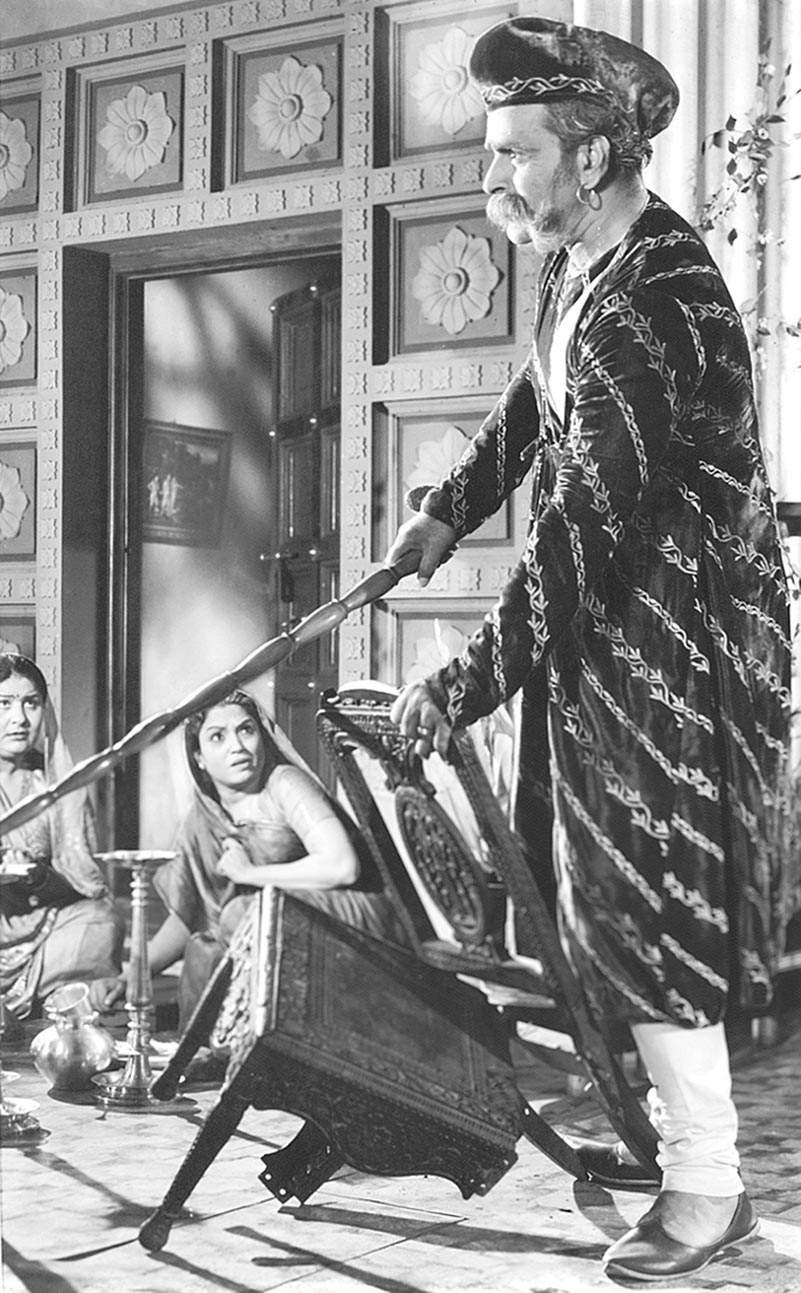
What about your mother Vimala?
Obviously, it must have been very hard for her. She never allowed that to affect us but we could sense her suffering. Having said that, he'd always divide his time equally between the three homes where his three wives lived. He'd unfailingly come over for breakfast and lunch so that the children felt his presence.
Some might call such attention from your father over-compensation for his polygamy...
Nothing could be further from the truth. He was loving, kind and indulgent when needed but equally a strict disciplinarian. Once for a meeting with him at 11am I reached a bit late. "Do you know the cost of V. Shantaram's 10 minutes?" he asked. I saw this side of him even when I got married.
Could you elaborate?
I was first introduced to Jasrajji in 1953 at a concert. We met regularly since I was pursuing singing then. He would also ask me to perform. I was quite taken with his voice, demeanour and handsome looks. There was a huge chasm between us. I was living in what can only be called 'the lap of luxury" with every amenity at our disposal, including a fleet of imported cars, Jasrajji was only starting out. Hard-to-come-by concerts got him Rs200-300 and AIR would pay him a princely sum of Rs55 per performance.
In 1962, when I told papa that I want to marry Jasrajji, he asked me if this desire wasn't just a whim. "If you hold his hand, you'll have to commit to a lifelong relationship. There'll be no coming back, saying you can't carry on."
And was that tough?
Oh yes it was! We lived in a cramped one-room tenement below a bridge in Tollygunge in Calcutta. The dank walls gave me asthma during my first pregnancy, which my first-born Sharang Dev (music director) and I still suffer from. There were considerable ups and downs in the marriage and life but I kept my word given to papa. In the end, one has no complaints though. I was the daughter of a Padma Vibhushan and now I'm married to one.
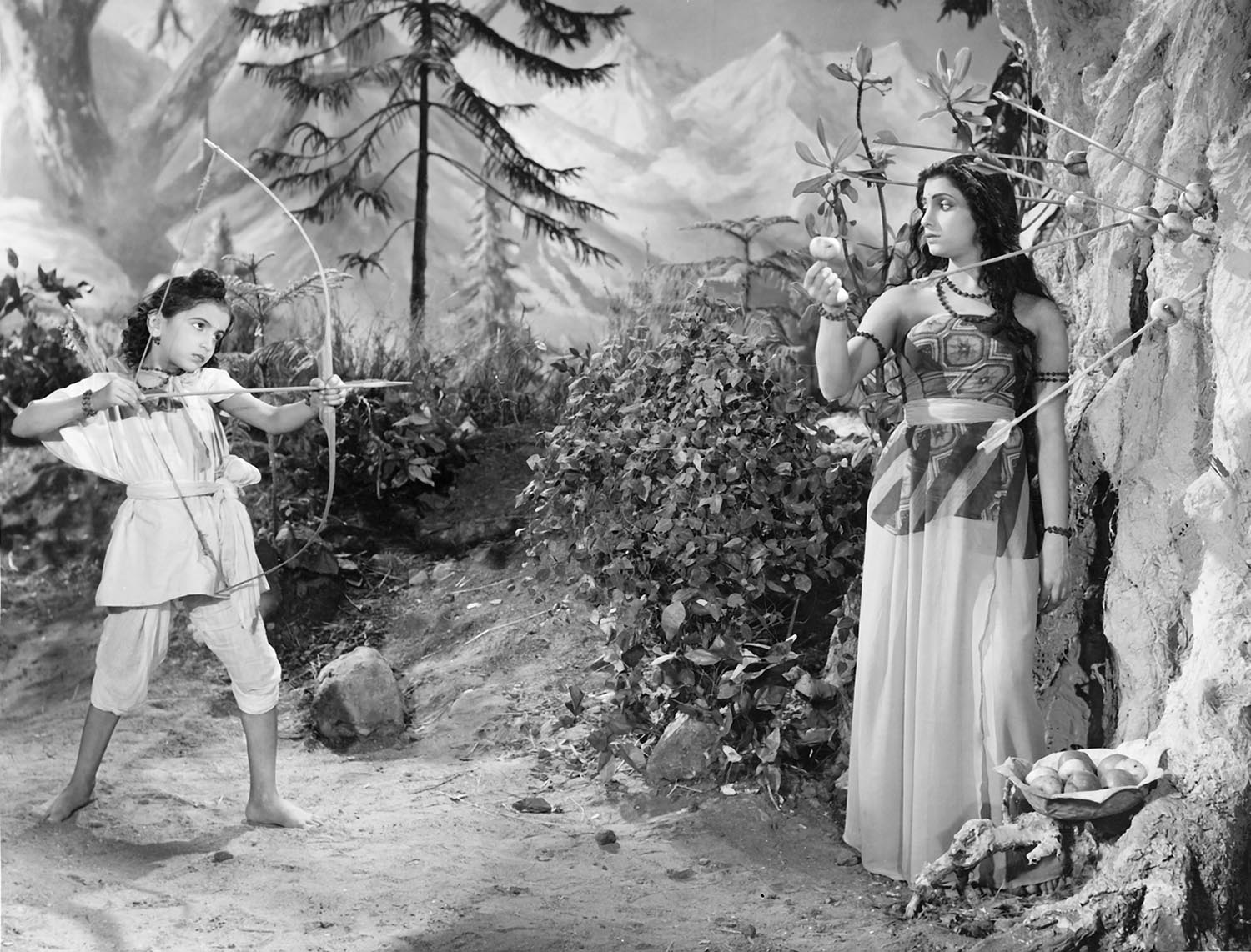
Though V. Shantaram's work is comparable to his contemporaries in Hollywood like Frank Capra and Ernst Lubitsch, do you feel he has been given his due recognition?
As his daughter, you may find my response emotional, but my answer to that has to be no. Very often people who know little beyond the few books they've read have opinions on everything. And it feels bad to see that all this talk of the centenary of Indian cinema goes on without celebrating those who contributed to bring it to its current glory. No one says Satyajit Ray wasn't a great filmmaker but what about the contributions of Debaki Bose, Nitin Bose or Bimal Roy? Why can't we remember these greats who my father too respected for their contribution to cinema?
Some critics call V. Shantaram's work overly simplistic and pedantic.
Do these people even know his background/circumstances? He had no formal education and came from absolute penury from rural Kolhapur. He began his career as a curtain puller with the Gandharva Natak Mandali and through his own effort picked up finer aspects of filmmaking from director Baburao Painter, going on to direct his first film, Netaji Palkar in 1927.
Today, thanks to computer-manipulated lighter cameras and the best software for editing, things are so different. Papa took the first trolley shot by fixing a plank on which the camera was mounted on four bicycles, manually pushed… In the absence of a jib, he'd plant the camera on a bullock cart, which would be pushed up and down… Do you know what it means to hold the film up against a candle and manually cut it to edit? When people try to put him down, it hurts. But then there is another reason too...
Which is...?
There is this thing about the industry, which doesn't ever want to give Maharashtrians their due. Things are beginning to look up for Maharashtrians in cinema only now, otherwise there's always been an effort at putting them down.
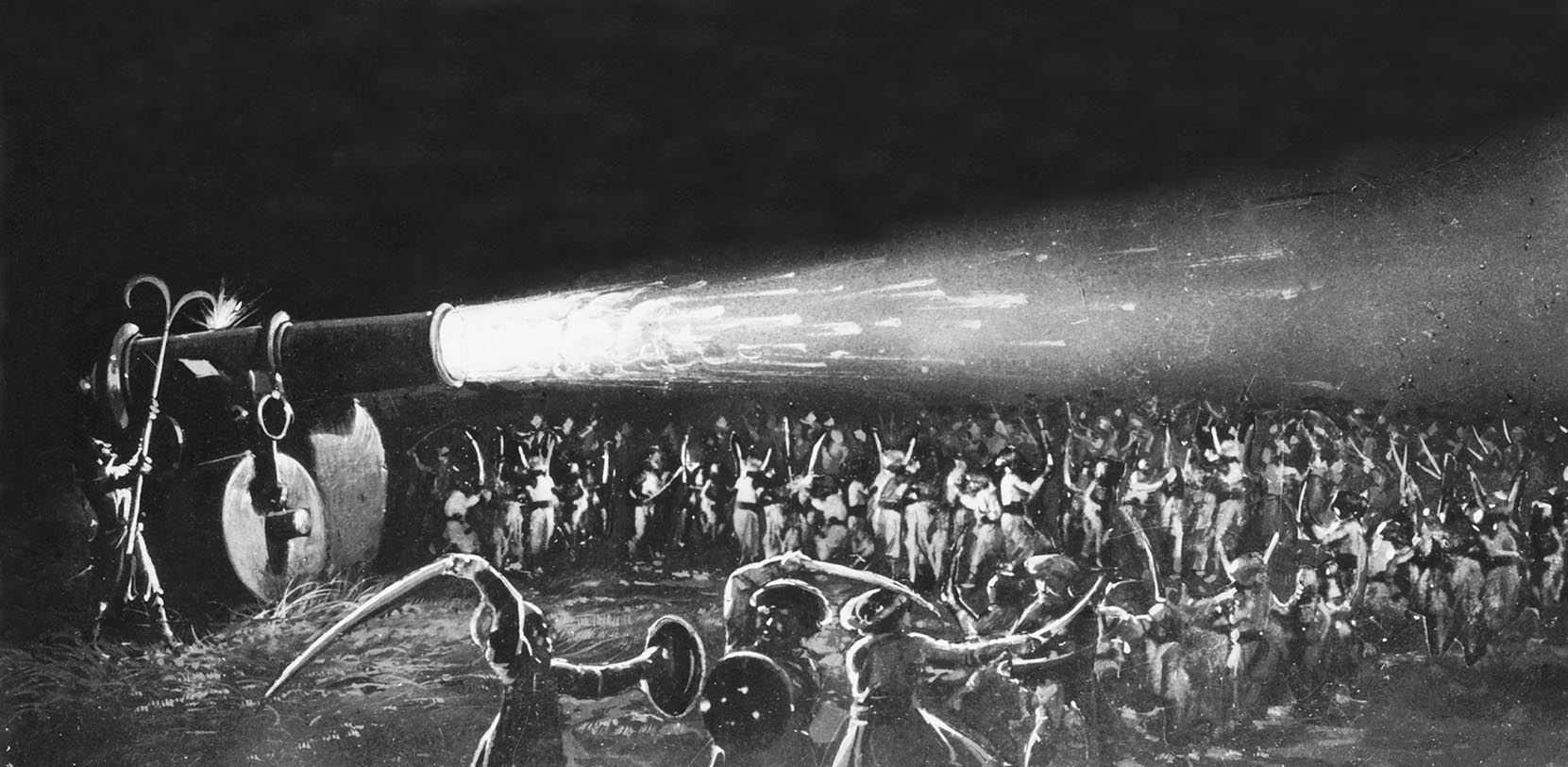
You've directed documentaries, children's plays, ballets, the TV series Faster Phene and a Marathi film. There's a trend for biopics now. Why not one on your father?
It'll be an honour to direct a biopic on the life and times of a man, who was witness to the milestones of Indian cinema. From silent to talkies from black and white to colour... But films require funds. If someone comes forward to help fund a project like this, I'll be glad to put it together.
My father was going to make a film, Khajuraho, for which even the posters were designed but he passed away. I have written a fresh script based on his vision, which too would make for a great film if the finances work out.
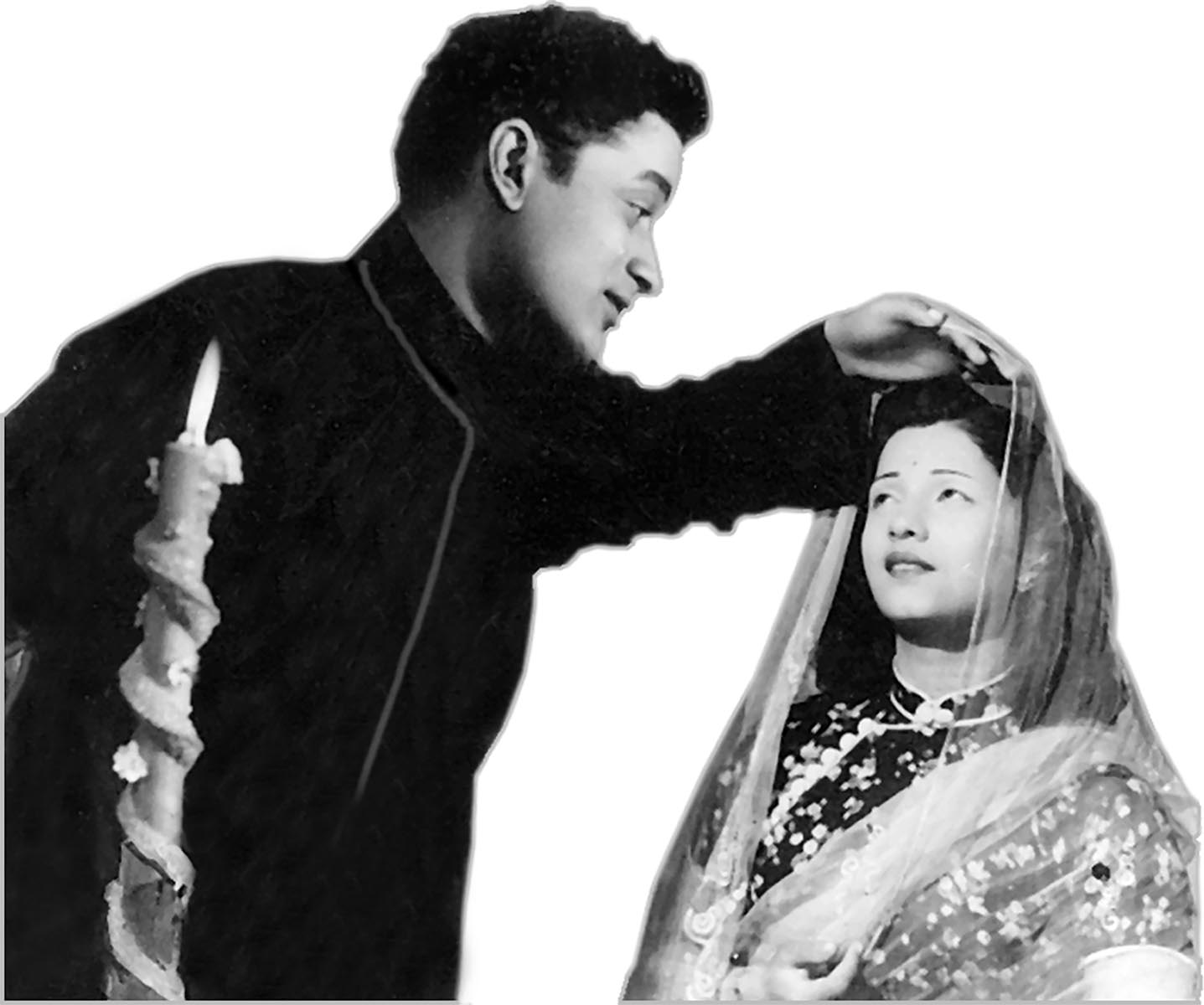
Book excerpt: V Shantaram: The Man Who Changed Indian Cinema
Jayashree had accepted Shantaram without any expectations, but when he thought of his own parents, he realised that if his father had given his wife a respectable status, so should he to Jayashree.
Shantaram was in love: earnestly and sincerely so. He came to the conclusion that marriage was the solution…
Shantaram and Jayashree got married on 22 October 1941 in a traditional Hindu ceremony in Bombay.
Shantaram Loses His Footing.
Menaka Knocks Vishwamitra's Penance.
Jayashree Strikes Shantaram's Wicket.
The tabloid headlines ran rampant and the news items played fast and loose with Shantaram's reputation. Both he and his new wife were often disturbed by the malicious articles, but Shantaram would console Jayashree. But no one thought about Vimal, his first wife, and the mother of his three children. Her entire world had crumbled at her feet. She was a simple, uneducated woman from a small town with no real family of her own. She took to crying frequently and began suffering from hysteria. Her reasoning for continuing the marriage was solid – if she had to wash dirty clothes and stained utensils and earn money, it'd be better if she did it in her own house than in a stranger's. But Shantaram vowed to look after his first family in every possible way. He was well aware of the injustice he was doing to Vimal and that fact ensured he never shirked from any familial responsibility.
At home (in early 1955), things were getting progressively worse. The differences between Shantaram and Jayashree were growing day by day. He began spending almost all his time in the studio, mechanically doing his job, but he didn't want it to be this way. He had many things on his mind – his new film, the studio, the employees and the family. Not to mention the deep debt he had gotten himself into over the film. He needed to discipline his mind. Whenever he left for the studio, he would switch off the voice in his head that reminded him of his domestic troubles and begin thinking about his work.
It was soon time to shoot for the climax scene (for Jhanak Jhanak Payal Baaje, released in September 1955). Gopi Krishna (the hero) was excellent while performing the Shiv tandav sequence, but his biggest problem was delivering the right expressions. Shantaram explained to him multiple times, but in his fervour to get the moves right, he overlooked to give Sandhya (the heroine) the right cues to perform her steps during rehearsals.
Shantaram then stepped in and worked with both of them until he was completely satisfied. It was an epic sequence that needed the best out of both of them... The euphoria of creativity had infected everyone in the studio.
Everyone except Jayashree. Her relationship with Shantaram was deteriorating to the point of no return. She seemed to have a problem with his growing proximity to Sandhya, so much so that she asked him to remove her from the company roster. Shantaram tried to explain to her that Sandhya's financial situation was really bad and that she needed his help. Once she found out the reality, Jayashree tried to make peace with Sandhya by gifting her fine jewellery and clothes. But Sandhya refused all of them, citing her absolute devotion to the art of acting. She had given up adorning herself with ornaments and had taken to wearing austere sarees so that she might not be distracted by vanity in any way. Jayashree did not appreciate this rebuff.
The strained relationship between Shantaram and Jayashree resulted in divorce on 13 November 1956. He then married Sandhya on 22 December the same year.
(Excerpted with permission from Hay House India)